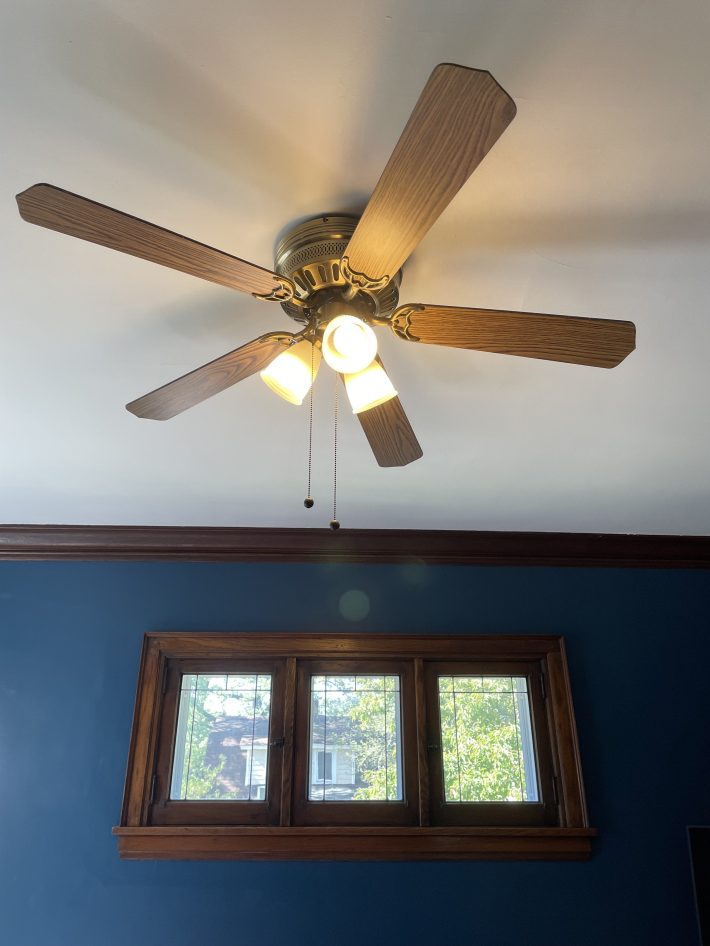https://static01.nyt.com/images/2023/05/31/multimedia/31work-coworking-03-lmqg/31work-coworking-03-lmqg-facebookJumbo.jpg
Before the coronavirus pandemic, Andrew Slaughter used to spend an average of 15 to 40 minutes fighting morning traffic to reach his office at LabCorp in the Research Triangle Park of Durham, N.C. as a proposal manager. During the pandemic, he shifted to working from home, but returning to the office felt like a better option when his wife had to run a small preschool with 10 children at home. Despite returning to the company office, he realized he no longer had an office to go to after LabCorp opted for fully remote work for its employees. To avoid the distractions of having to work at home, Slaughter decided to work at a co-working space instead. As more companies continue remote work, co-working spaces have become popular for displaced workers who are looking to be productive away from the distractions of home.
Co-working offices, like the American Underground property, provides not just office space rentals but also social events, snacks, and coffee bars. American Underground charges Slaughter $150 a month for a space in the former bank on Main Street in downtown Durham. But for him, the best part is not having to drive to Research Triangle Park. Instead, he can ride his bike to the American Underground.
While entrepreneurs have traditionally been the primary patrons of co-working spaces, displaced corporate employees have been growing in numbers and currently make up 16% of occupants, according to assistant professor Travis Howell at the University of California, Irvine.
Entrepreneurs and start-ups prefer co-working spaces due to the short-term lease, the added legitimacy, and the chance to meet people from other companies. But for displaced workers, it’s the chance to be part of a community that’s absent when working from home. In a corporation, people are linked by their bosses, department, or project. In co-working spaces, the random nature of having no specific link to anyone allows “self-selection,” which often shapes the culture of a particular location.
Some co-working spaces like Hera Hub and Blackbird House cater specifically to women and women of color entrepreneurs, respectively.
Although co-working spaces continue to grow in popularity among displaced corporate workers, investors do not share the same enthusiasm. According to Nicholas Bloom, a professor of economics at Stanford University who studies remote workers, investors view co-working spaces as generic real-estate holdings in an office market that’s saturated with surplus space from commercial downsizing. However, some companies like Zendesk and MetLife provide stipends for home offices or co-working space rentals to retain diverse talent and offer a great employee experience.












